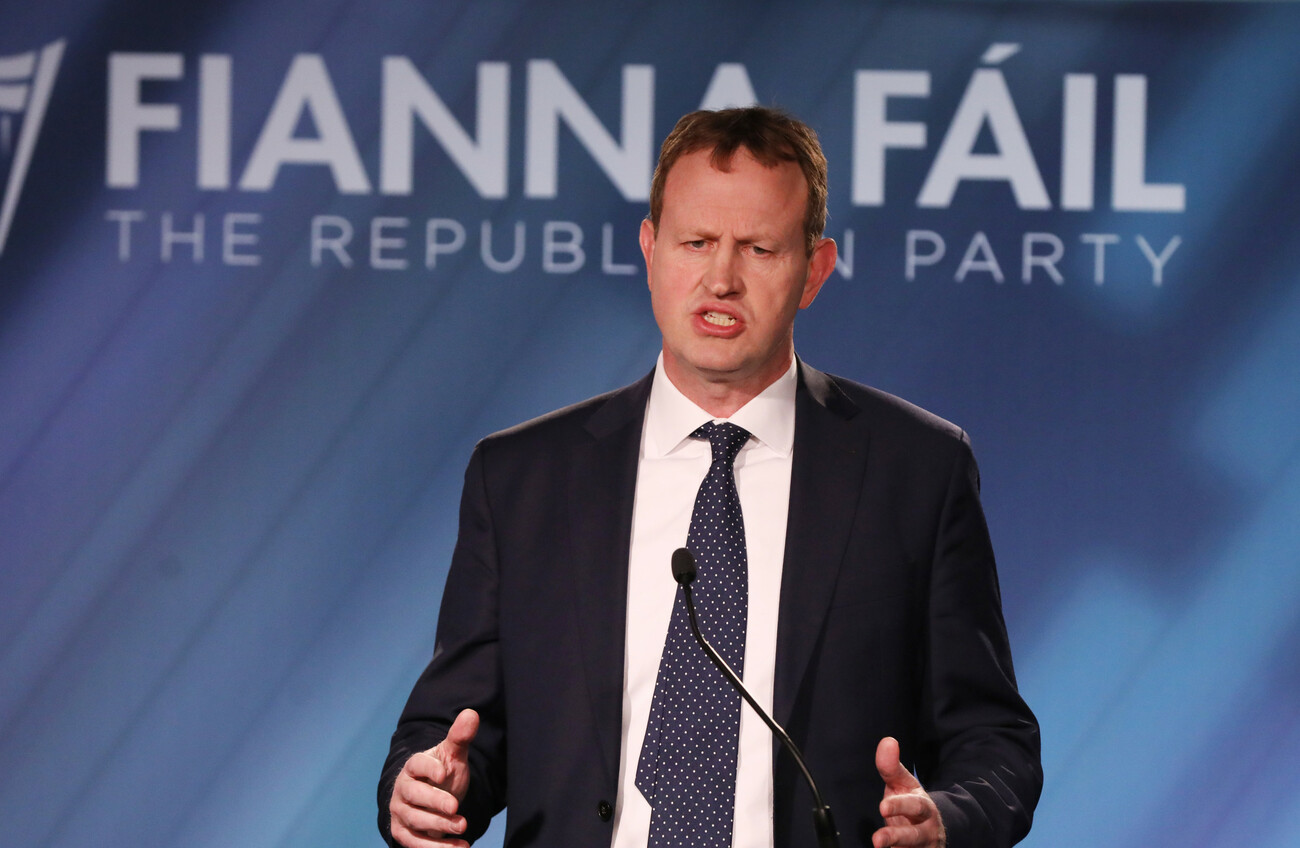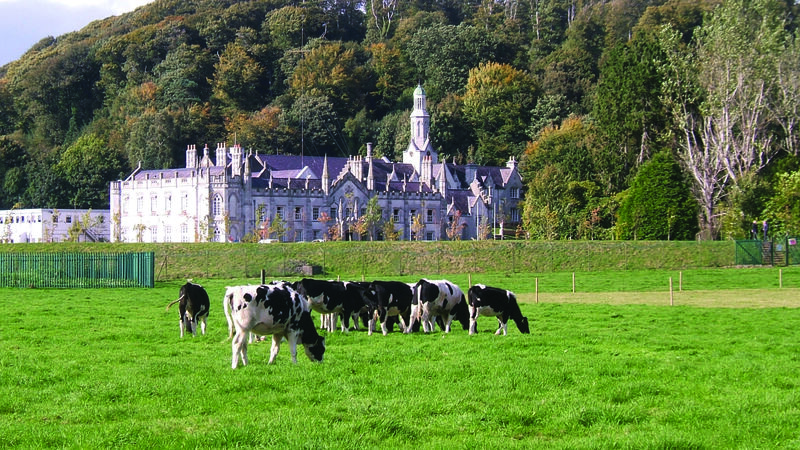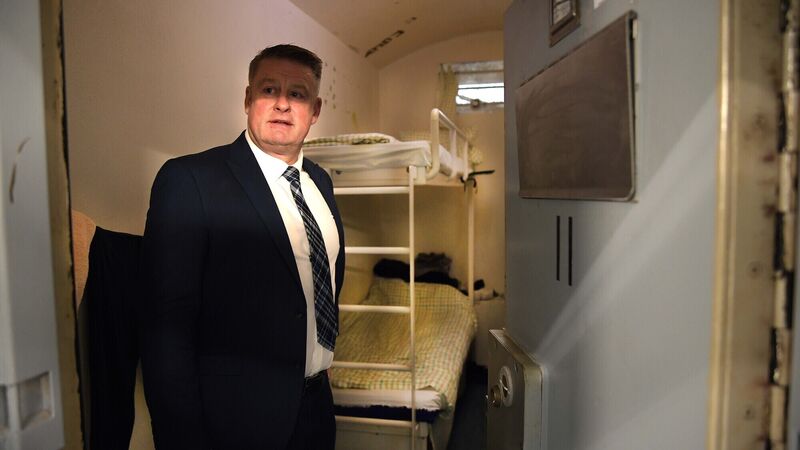Sean O’Reilly, 25, entered rehab for drug addiction at the height of the pandemic – October 2020.
“I had to ring in every day to get my name down in Tiglin (Wicklow), they’d put a tick beside your name each time you rang. I rang every day for five months until I got a place,” explains Sean, originally from Dublin.
In the years leading up to this point, there had been a series of lows.
“I kept hitting rock bottom and then getting back up. But I couldn’t get the balance. There’d be one good week, one bad week. But having gotten through it all, now I can see I had hit rock bottom that last time,” explains Sean.
Sean started using drugs at about 15 years of age, and it gradually progressed until addiction had full control of his life.
I thought I loved taking drugs but I couldn’t stop taking them, you’d nearly be crying taking them. It was seven days a week.
The biggest impact of the addiction was on his relationships with his family and his mental health – they were Sean’s biggest motivators for entering treatment. “It destroyed everything. It destroyed my mental health, left it for tatters,” says Sean.
It was a gentle intervention from a family friend in May 2020 that saw him choose recovery with the sudden and simple act of signing a piece of paper.
“It was a friend of my ma’s who reached out. I was none the wiser. She just said: ‘Will you talk to this fella?’
“I just agreed to it straight away, I knew I needed help but I was too proud to admit it.
“When I met him he had these forms in his hands and he said it was for this place called Tiglin. He just said ‘It’ll give you a couple of months to get your head together’. I signed them there and then,” says Sean.
When he eventually started treatment in October 2020, on a 10-month placement, he was assigned a key worker and had daily tasks like kitchen duty or cleaning work. He credits his key worker, Peter Sheridan, as the mainstay of his recovery.
Sean and Peter would have one-to-one sessions together, which included getting out for walks. Another key part of his recovery was the “structure, routine and discipline” which the centre gave him with 7am starts, 8am breakfast, study classes and group sessions at the weekend.
By July 2021, he left Tiglin and moved to the charity’s transitional housing, Carraig Eden in Greystones, Co. Wicklow. It was here that he’d start work at The Rise at the Cove cafe on the house’s site by the sea, a job that would help him recover a sense of respect for himself.
“When people go past the big blue house (Carraig Eden), you might hear them saying: ‘That’s the house where people are struggling’. So when the job in the cafe came up I said: ‘I can’t work there, people will see me and say sure he’s only a drug addict’.
“I had recovered mentally and physically, but I still hadn’t recovered my communication and confidence. But I just broke barriers with myself and made myself go down and work in the cafe,” says Sean.
I feel like a normal part of the community now, but before the cafe and facing the public there was this shame. But why? You’ve done this recovery work and you feel ashamed?
He says he never foresaw this future for himself. “I never thought I’d get my brother and sister back and now they’re ringing me every day,” says Sean.
As well as being back in touch with his family he is working five days a week full time and goes to college two days a week where he is studying critical and ethical thinking. On college days he opens the cafe at 6.30am in the morning.
He says he works on himself every single day and encourages anyone who is struggling to speak out. “If you don’t talk about things they fester and if you speak about it it takes the power away,” says Sean.
And does he miss his old life? “My life today was unforeseeable 18 months ago. I’ve gotten a glimpse of the other side, and I like it, I don’t miss my old life”.
MON, 11 APR, 2022 – 19:51
JOYCE FEGAN









